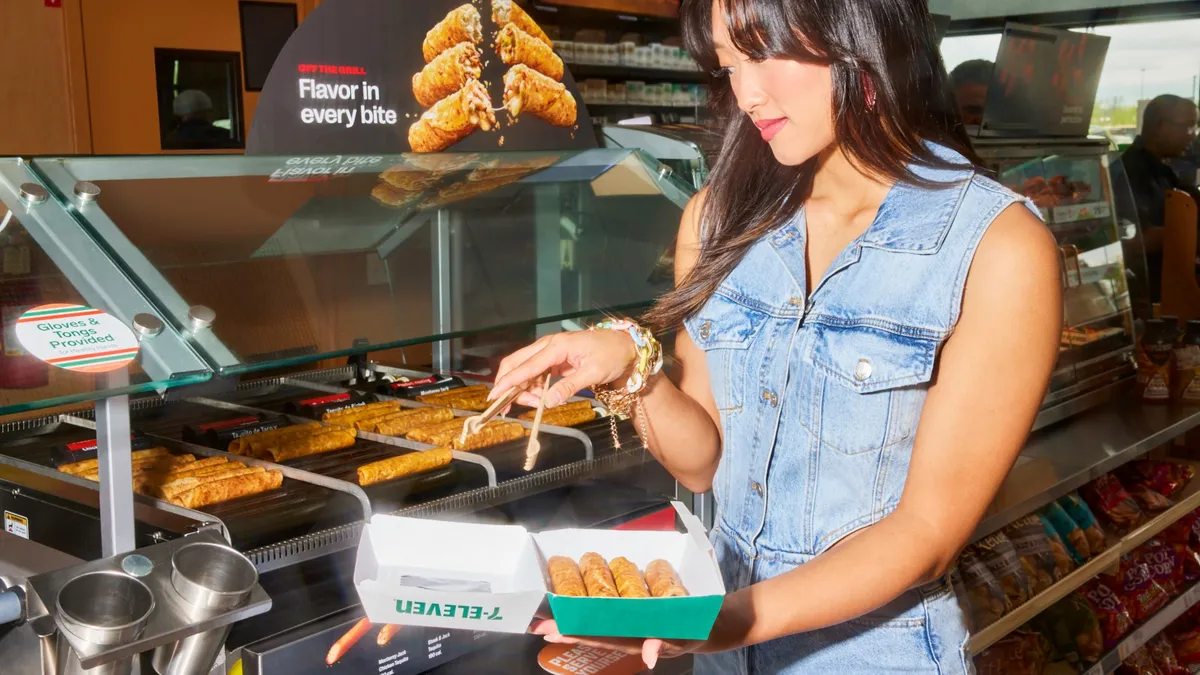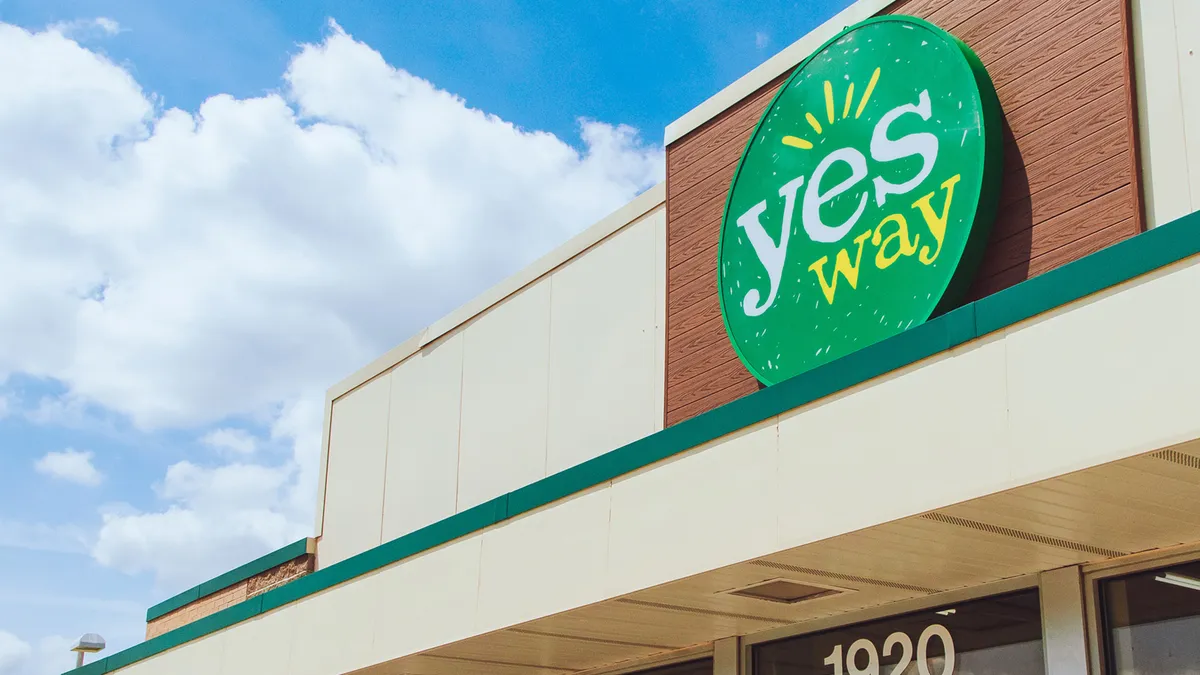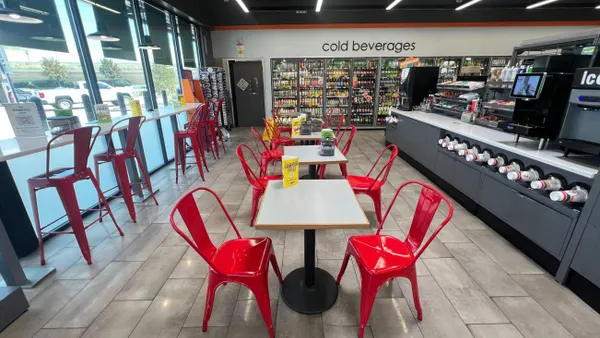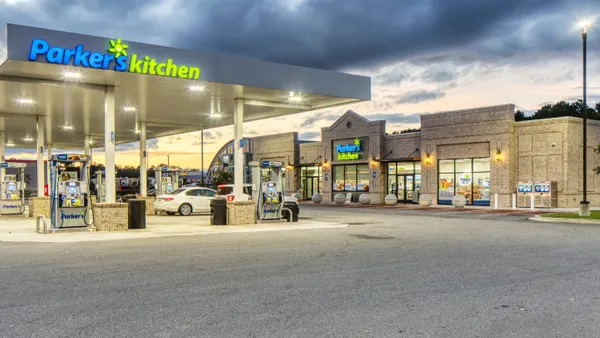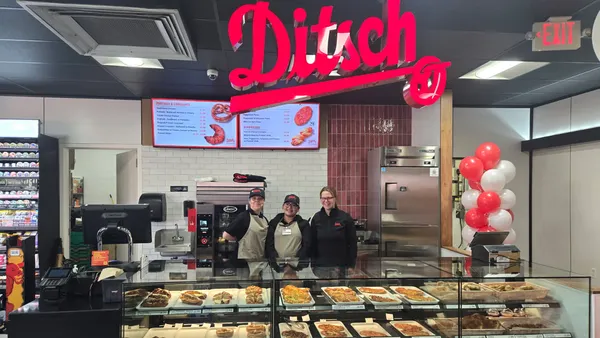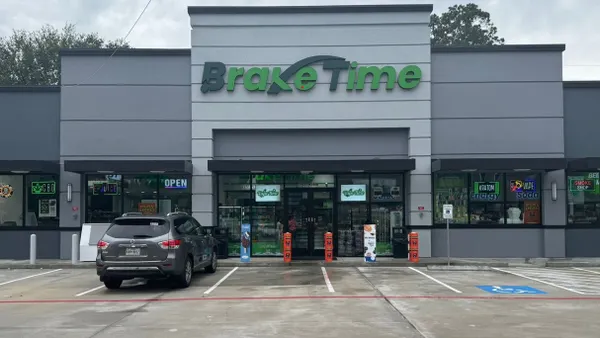As consumers have grown increasingly price sensitive over the past few years, retailers have responded with messaging meant to show they understand these economic anxieties.
C-store and grocery operators have covered their aisles with low-price signage, revamped their loyalty programs to offer more discounts and rolled out more buy-one-get-one and limited-time offers to help consumers stretch their dollar.
Retailers say these strategies resonate with customers, but according to recent research from the Kearney Consumer Institute — an internal think tank within the management consulting company that regularly surveys global consumers — shoppers think retailers are laying it on a bit thick.
“I think consumers are savvy enough that brands just simply don’t have to be that on the nose” in aggressively marketing low prices, said Katie Thomas, who leads the institute, in an interview.
KCI’s latest “stress index” report found that while shoppers are carefully watching their spending and relying on promotions to save money, they’re also looking to selectively spend on new products and experiences. They don’t want retailers to just echo their anxieties — they want help discovering fresh, exciting food and beverages, too.
The institute’s latest report, which polled 24,000 consumers across 12 countries, noted that 68% of survey participants prioritize taste over price in the products they buy. The perceived quality of products factors into most purchasing decisions, with 19% saying they look for the highest-quality products and 48% saying they look for a balance of low price and quality. One-third of consumers say they look solely for the lowest-priced products when shopping.
Thomas said c-stores, which have long competed on impulse instead of price, generally do a good job of spotlighting compelling new products. They can lean even further into indulgences like premium candy, snacks and beverages in the months ahead, she said, noting Kearney’s finding that consumers are looking for “small wins” and pleasurable moments throughout their day to help them cope with economic stress.
“C-store tends to be very effective at those quick moments of joy, those simple indulgences, those like quick trade offs people are making in a short amount of time,” she said. “They've really kind of nailed that.”
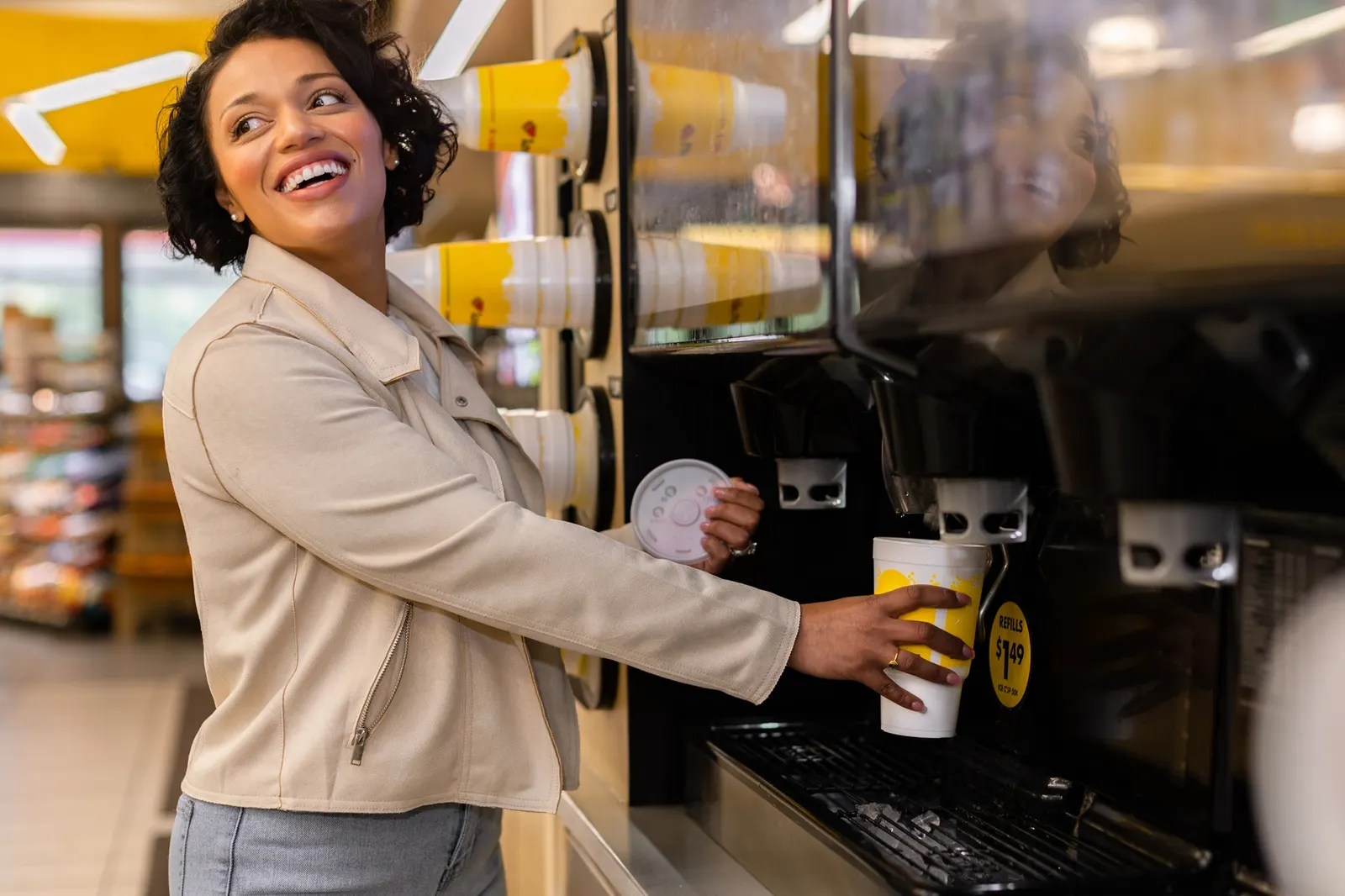
The firm’s research shows that people aren’t just looking to spend less across food and beverage — they also want to feel like they’re making smart, tailored purchases. To that end, Thomas said, c-stores and other retailers can help connect shoppers to products they might like through personalized offers. EG America, which runs several c-store chains including Cumberland Farms and Tom Thumb, recently revamped its loyalty program to provide personalized offers to members as well as a first look at new products
C-stores would also do well to highlight their private label assortments and other items that are unique to their stores, Thomas noted. Chains like Casey’s General Stores and Huck’s have ramped up their store brand assortment, and now offer products like chocolate bars, sparkling water and salty snacks under their company name. Other retailers regularly partner with suppliers on exclusive launches. Earlier this summer, 7-Eleven and Circle K both launched exclusive flavors of Gatorade.
As c-stores ramp up their foodservice departments, they should offer treats and regularly rotate in new items, Thomas said. BP now makes signature donuts for its stores while Stewart’s Shops has proprietary ice cream flavors that rotate seasonally.
Food retailers that can promote discovery within their aisles and online will be rewarded with greater loyalty, KCI’s report noted. At the same time, shoppers are increasingly turning to social media platforms like TikTok for food inspiration, making it critical for retailers to stay up on the latest trends.
Although shoppers are looking to discover new products, they’re not looking for stores to boost their assortment. Kearney found that 62% of shoppers say they can find enough products in most categories to suit their needs. Rather, they value a curated assortment that factors out a lot of decision-making. This is part of the formula behind successful retailers like Aldi, Costco and Trader Joe’s, she said — and a key attribute that c-stores can also leverage.
“The retailers that are doing well have tighter merchandise selections,” Thomas said.


